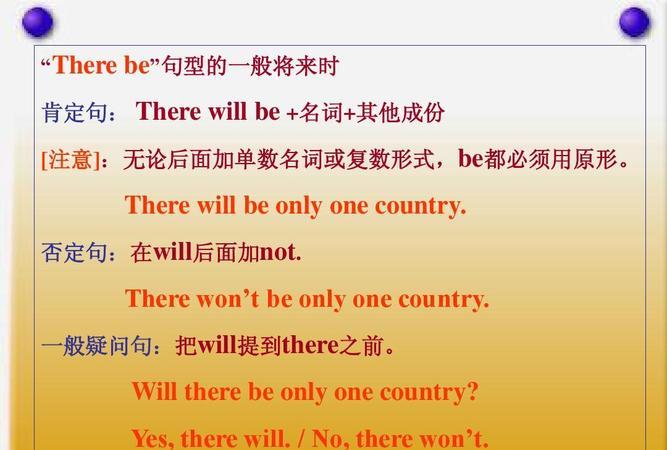一般将来时表示将要发生的动作或状态,构成方式为:will/shall + 动词原形。问句通常以助动词will或shall开头,答句通常是简单的肯定或否定回答,也可以使用缩略形式回答。掌握一般将来时的问句和答句可以帮助我们更好地运用这个时态。

一般将来时的问句
一般将来时的问句通常以助动词will或shall开头,后面跟主语和动词原形。
例如:
- Will you go to the party tonight?
- Shall we visit the museum tomorrow?
- Will they be here on time?
一般将来时的答句
一般将来时的答句通常是简单的肯定或否定回答。
例如:
- Will you go to the party tonight? - Yes, I will.
- Shall we visit the museum tomorrow? - No, I'm busy tomorrow.
- Will they be here on time? - I don't think so.
在一般将来时的答句中,我们可以使用缩略形式来回答。例如:
- Will you go to the party tonight? - Yes, I will. / No, I won't.
- Shall we visit the museum tomorrow? - Yes, let's. / No, let's not.
- Will they be here on time? - I think so. / I don't think so.

